Psychology & Religion (The Terry Lectures)
£12.70£13.30 (-5%)
“These compact vigorous essays constitute Dr. Jung’s most sustained interpretation of the religious function in individual experience.”―Journal of Social Philosophy
“This psychological study of religion is particularly interesting in the light of current social and political movements throughout the world.”―The Personalist
Dr. Carl Gustav Jung, author of some of the most provocative hypotheses in modern psychology, in this volume describes what he regards as an authentic religious function in the unconscious mind. Using a wealth of material from ancient and medieval gnostic, alchemistic, and occultistic literature, he discusses the religious symbolism of unconscious processes and the possible continuity of religious forms that have appeared and reappeared through the centuries.
“This psychological study of religion is particularly interesting in the light of current social and political movements throughout the world.”―The Personalist
Dr. Carl Gustav Jung, author of some of the most provocative hypotheses in modern psychology, in this volume describes what he regards as an authentic religious function in the unconscious mind. Using a wealth of material from ancient and medieval gnostic, alchemistic, and occultistic literature, he discusses the religious symbolism of unconscious processes and the possible continuity of religious forms that have appeared and reappeared through the centuries.
Read more
Additional information
| Publisher | Reprint edition (1 July 1977), Yale University Press |
|---|---|
| Language | English |
| Paperback | 138 pages |
| ISBN-10 | 0300001371 |
| ISBN-13 | 978-0300001372 |
| Dimensions | 20.83 x 13.46 x 0.86 cm |

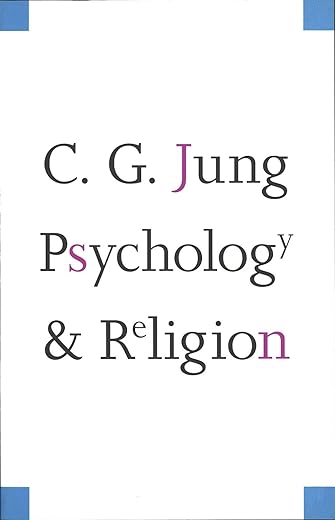
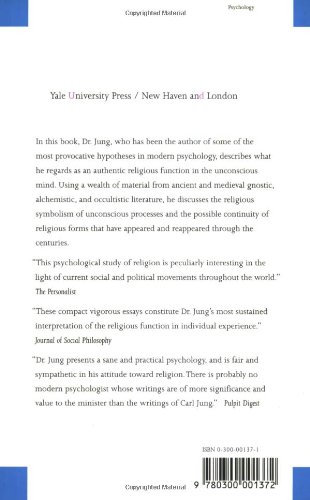
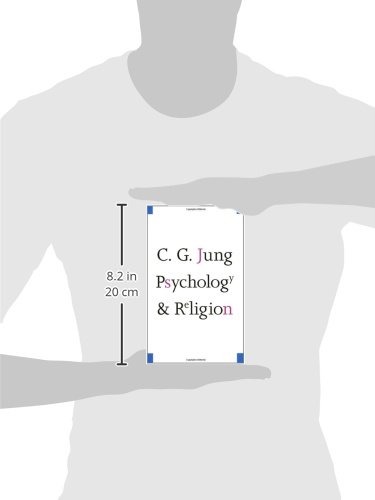




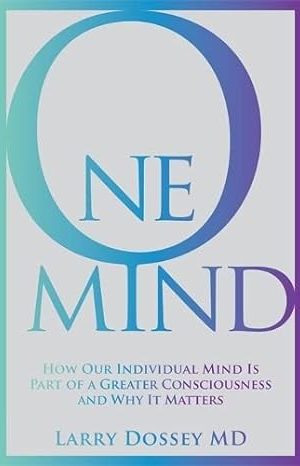
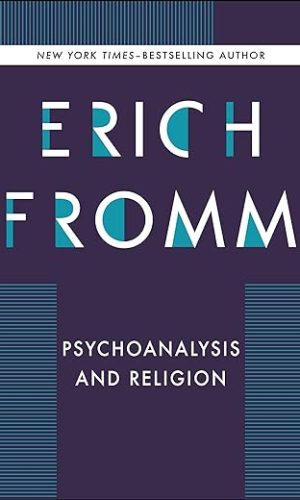
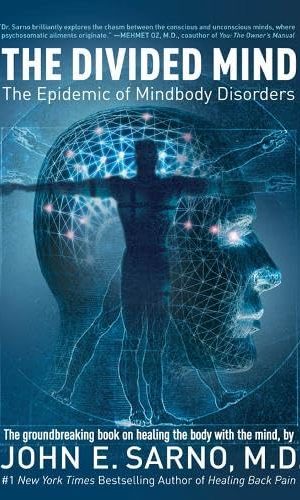
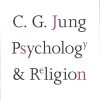
by M. Lawton
A classic little work from Jung. It’s a quick read but also a must read that you’ll want to come back to again. It benefits from being written as a lecture and as a consequence of this it is immensely readable. In this respect it differs sharply from the academic tone and content that he employs in books such ‘The Archetypes and the Collective Unconscious’.
Insightful and at times incredibly profound,he makes some points about the human condition that everyone needs to take on board – particularly in these times when society and mankind is in danger of losing its soul. Try getting your head around this one Dawkins – this book is the antidote for a rampant intellect!
by Liam B.
Whatever they used to keep the pages bound to the spine is terrible. All the pages are falling out no matter how gentle or acute you keep the pages angled. As you can see from the attached images the spine isn’t even that deformed so it wasn’t like I was opening it far too wide… Just wide enough to read comfortably and yet the pages detach themselves.
by Liam B.
It is hard to rate this book in terms of stars. This book is typical of Jung in its analysis of the psychology of religious experience. Jung selects the dreams of one particular patient to serve as a platform for his penetrating insights in this thin volume, which is actually an edited transcript of some 3 lectures given at Yale in the 1930s. This is a relatively thin book (120 pages or so) and so it’s a quick read. This is not an introduction to Jung’s most famous assertions about the collective unconscious, archetypes or the anima/animus concepts although these do crop up when appropriate in discussion about religion and psychology. There is some interesting discussion about the nature of the Trinity (and Quaternity) as a psychological phenomenon and its impact in that respect.